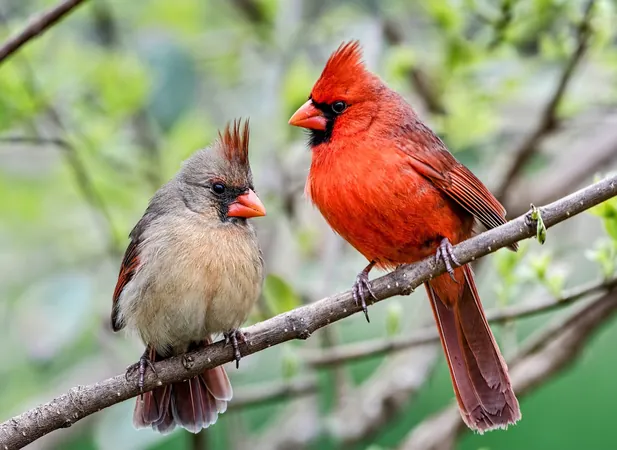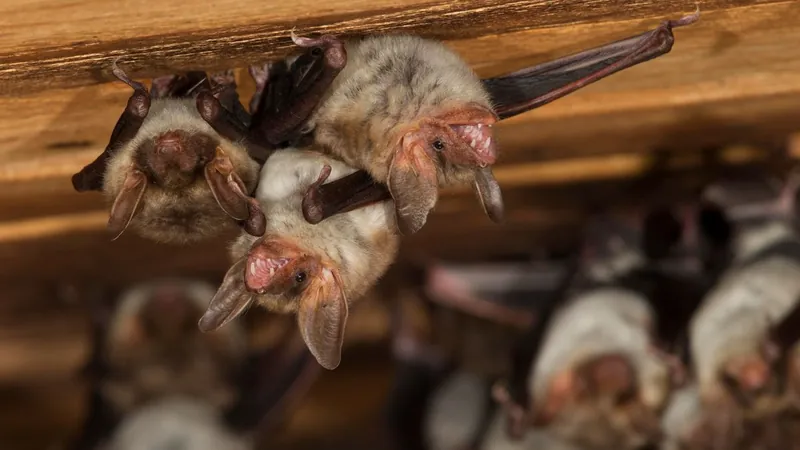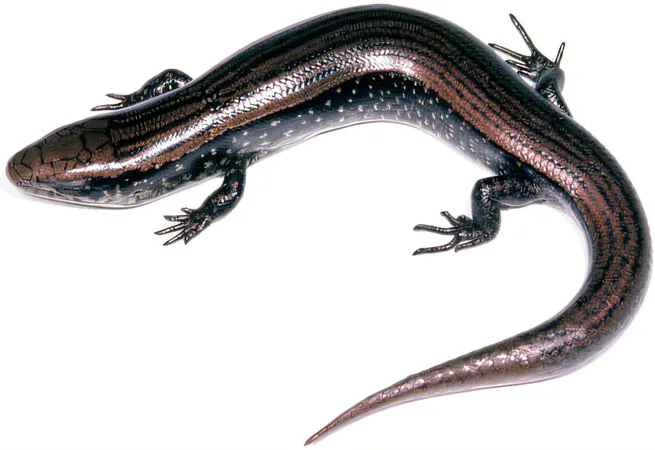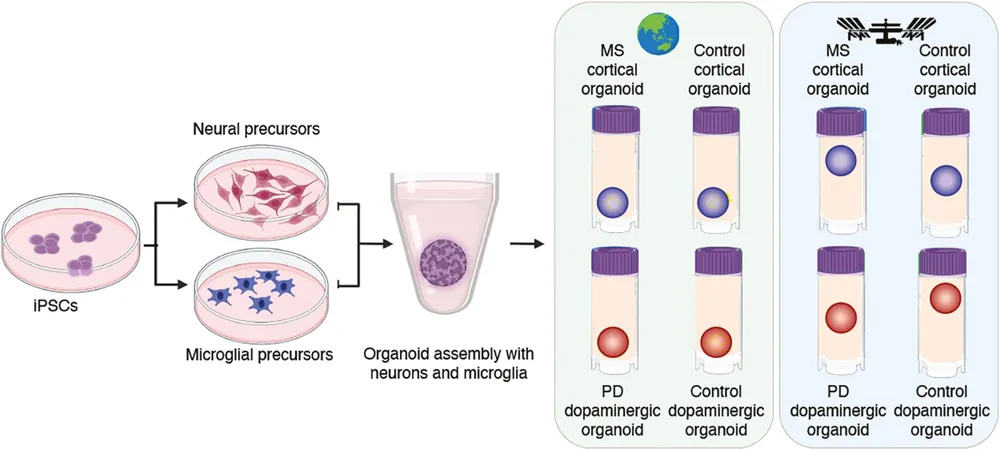
Scientists Discover Gut Microbiome Link to Bird Health and Fitness: What You Need to Know!
2024-12-12
Author: Jia
Introduction
Recent research from Florida Atlantic University's Charles E. Schmidt College of Science has unveiled a fascinating connection between gut microbiomes and health traits in birds, particularly in Northern cardinals. Just like humans, these beautiful creatures host a diverse array of microorganisms that significantly impact their overall well-being.
The Importance of Microbial Diversity
The study underscores the importance of a varied microbial population in the gut, which not only enhances nutrient absorption but also fortifies the immune system. A lack of diversity can leave birds more vulnerable to diseases, mirroring findings seen in human health studies.
A Five-Year Exploration
Over the course of five years, researchers closely studied the Northern cardinal (Cardinalis cardinalis), a frequently encountered backyard bird noted for its striking red plumage and distinctive black mask. This groundbreaking research provides the first insight into how a wild bird’s microbiome is linked to its physical attributes, such as plumage and overall fitness.
Key Findings from the Study
Lead researcher Dr. Rindy Anderson emphasized the significance of these findings, stating, “Our research reinforces the idea that a wild bird’s health is closely tied to its microbiome, and that the vibrancy of a male’s ornaments can be an indicator of his health.”
The Stunning Link Between Microbiomes and Coloration
Northern cardinals are exceptional to study due to their carotenoid pigments, which determine the vividness of their coloration. The results indicated that a cardinal’s gut microbiome diversity could be linked to the quality of its plumage and body condition. The research found that the more vibrant the red coloration of a cardinal, the more diverse its gut microbiome appeared to be.
Conservation Implications
“The study highlights crucial implications for conservation biology,” said Morgan Slevin, the study's first author. “It offers deeper insights that can help improve animal health in wildlife hospitals, zoos, and breeding programs for endangered species.”
Investigating Wild Health
To delve deeper into these connections, researchers sampled the cloacal microbiomes of wild Northern cardinals, assessing both their body condition indexes and analyzing the state of their sexual ornamentation by evaluating their beak and plumage color. Blood samples were also taken to assess stress response through glucocorticoid levels.
Study Results
The analysis revealed that both alpha and beta diversity of the gut bacteria were closely related to the individual birds' overall condition and the saturation of their plumage colors. Surprisingly, the team found no correlation between glucocorticoid levels and microbiome diversity, suggesting new avenues for future research.
Future Implications for Avian Health
This vital research progresses our understanding of the complex relationship between gut microbiomes, physical characteristics, and health in wild birds. It contributes to the expanding body of literature that connects avian health with the communities of bacteria living within them.
Researchers hope that future studies will clarify the role of gut microbiomes in predicting individual quality in birds. Understanding these intricate microbial relationships may not only promote healthier bird populations but also support conservation efforts to sustain and restore ecosystems.
Conclusion
This groundbreaking work has been published in the journal *Oikos*, and further investigations are on the horizon. The importance of gut health in wildlife could truly reshape our approach to avian conservation and management.
As scientists continue to unlock the mysteries of microbiomes, we may just discover that the health of our ecosystems depends on the tiniest of creatures living within them. So, keep an eye out for our feathered friends — their wellbeing could be more connected to their gut than you ever realized!




 Brasil (PT)
Brasil (PT)
 Canada (EN)
Canada (EN)
 Chile (ES)
Chile (ES)
 España (ES)
España (ES)
 France (FR)
France (FR)
 Hong Kong (EN)
Hong Kong (EN)
 Italia (IT)
Italia (IT)
 日本 (JA)
日本 (JA)
 Magyarország (HU)
Magyarország (HU)
 Norge (NO)
Norge (NO)
 Polska (PL)
Polska (PL)
 Schweiz (DE)
Schweiz (DE)
 Singapore (EN)
Singapore (EN)
 Sverige (SV)
Sverige (SV)
 Suomi (FI)
Suomi (FI)
 Türkiye (TR)
Türkiye (TR)